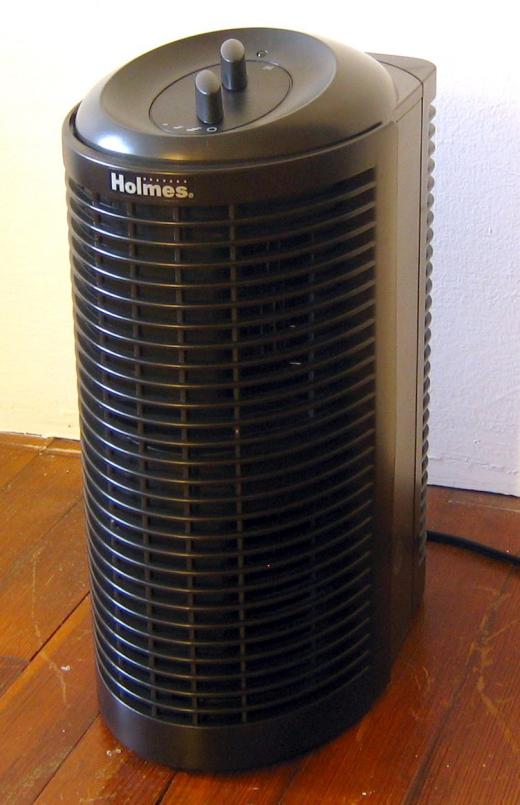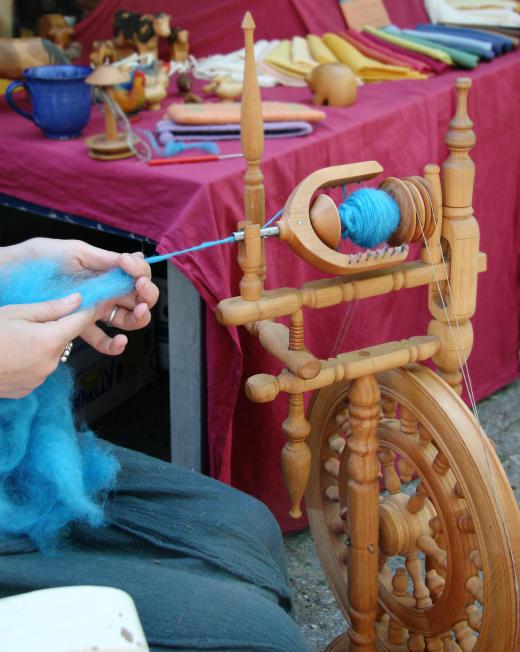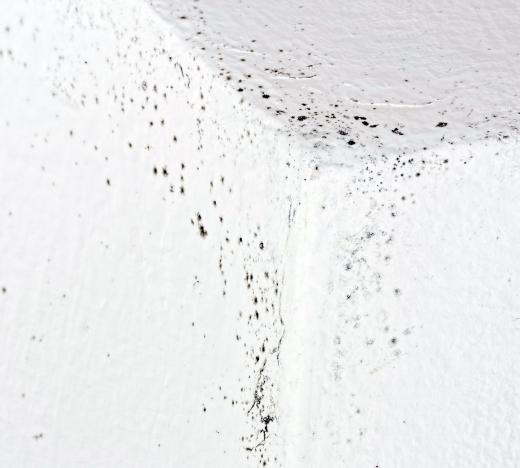Glass wool is an industrial product made by spinning glass into a fibrous material that can be packed in mats and blankets. This product is used as insulation and in other applications, like for air filters. It is available through home supply stores and manufacturers can also produce wools for special purposes, like insulation in aircraft, where the standards may be higher for health and safety reasons. Numerous companies make glass wool products along with lines of other insulation materials for a variety of applications.
This product is made from molten glass mixed with a binder and forced through a fine sieve to turn it into delicate spun fibers. The fibers can readily mat together, and may be packaged in pre-cut batts or rolled blankets. Blankets allow users to cut the glass wool to size for the given application, while batts can be useful for standardized construction. Some glass wool products have a backing made from paper to make them easier to handle. The paper may include markings discussing the grade and type of wool for the convenience of workers.

For basic insulation in homes and other structures, this product can provide adequate loft and depth to limit heat transfer and block some sound as well. It is also possible to purchase special-purpose glass wool designed as acoustic insulation for activities like building sound booths or soundproofing a house in a noisy location, like next to a freeway. Other specialty products are used in aeronautics applications, and as insulators for equipment like batteries.

The glass wool is strong, durable, and resistant. It can potentially become a home for microbial growth if it gets wet, but otherwise should resist mold and other issues. In applications like construction, it is typically applied in walls wrapped with Tyvek® and other materials, which successfully keep water out of the building envelope. Special-purpose products are even more durable and can withstand harsh conditions.

Workers handling glass wool must exercise caution. It is an irritant that can cause itching and discomfort if it comes into contact with the skin, mucous membranes, or eyes. It can also cause lung problems if inhaled. Protective gear, including long sleeves, gloves, eye protection, and a respirator, is a good idea when handling this insulation product, particularly special-purpose products because of their increased strength. If someone does develop symptoms of exposure like itching or wheezing, it is advisable to consult a doctor.
Ever since she began contributing to the site several years ago, Mary has embraced the exciting challenge of being a About Mechanics researcher and writer. Mary has a liberal arts degree from Goddard College and spends her free time reading, cooking, and exploring the great outdoors.

